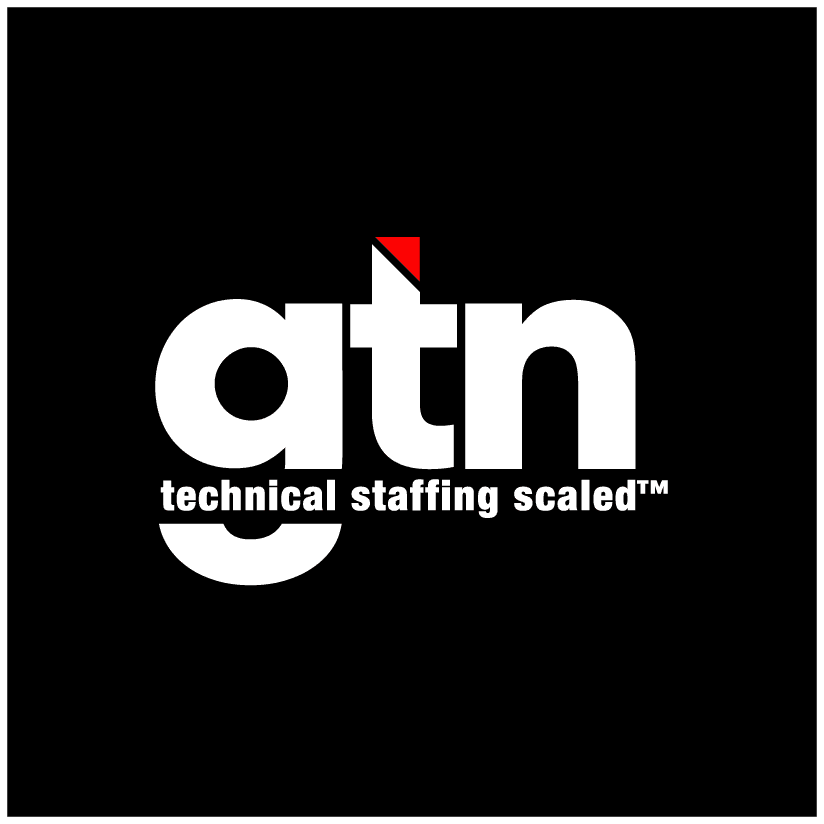Updated July 24, 2023 | Original Post August 9, 2019
Table of Contents:
Companies of All Kinds Need Help Harnessing Their Data. Where Do You Fit In?
What You’ll Learn in This Post
What Does a Database Developer Do?
What Does a Database Administrator Do?
Database Developer or Administrator: Career Suitability Assessment
Database Developer or Administrator: Company Needs Assessment
GTN Technical Staffing: Connecting The Right Tech Talent With The Right Tech Companies
Companies Of All Kinds Need Help Harnessing Their Data. Where Do You Fit In?
Pursuing a career as a database developer or administrator is a choice faced by many IT professionals who want to seize the countless opportunities available for those with the skills to assemble, organize, and manage large amounts of accumulated data and turn it into usable information. Companies across a vast range of industries need database professionals to help them understand their customers, competitors, and the marketplace. And industry experts expect the already high demand for tech workers who demonstrate a talent and affinity for data will continue to grow.
But it can be difficult for many database pros to know which answer to the database developer or administrator decision is best for them. We are here to help you with this critical decision by matching your talents, skills, interests, and characteristics with each role’s tasks, demands, and responsibilities. After reading about the basics of the two positions, take our simple quiz to learn which job is more likely to be a good fit.
What You’ll Learn in This Post:
- Businesses of all kinds will need more and more help acquiring, organizing, and using vast amounts of data, creating ample opportunities for database developers and administrators.
- Both roles are essential for database management but have distinct roles and responsibilities, and database professionals may have difficulty deciding which path is right for them.
- Our simple quiz can help you determine which role is more likely to lead to career success and job satisfaction.
What Does a Database Developer Do?
When considering which is a better career path – database developer or administrator – you first need to learn the differences between the two positions.
A database developer plays a critical role in designing, implementing, and managing the backbone of an organization’s data infrastructure. Responsibilities include:
- Database Design: After determining the organization’s data needs, the developer creates a blueprint for the database to ensure data security, efficiency, and useability.
- Data Modeling: This involves creating logical and physical data models.
- Query Optimization: A database must retrieve needed information quickly and accurately, which involves optimizing database queries, creating indexes, and analyzing query execution plans.
- Security and Access Control: A database developer must protect data integrity by implementing robust security protocols to safeguard data from unauthorized access and other potential vulnerabilities.
- Backup and Recovery: Regular backups ensure data protection from accidental loss or hardware failures, and a developer should be able to restore data quickly when needed.
- Scalability and Performance: Database developers work on scaling strategies to accommodate a growing volume of data growth while maintaining optimal performance.
Related: What is the Career Path for a Software Development Project Manager
What Does a Database Administrator Do?
Database administrators (DBAs) are responsible for database installation, configuration, maintenance, and overall management. Responsibilities include:
- Database Installation and Configuration: DBAs install and configure database management systems based on the organization’s requirements.
- Performance Monitoring and Tuning: DBAs must identify bottlenecks, optimize queries, and fine-tune the database to ensure optimal performance.
- Security Management: DBAs are responsible for implementing and maintaining robust security measures to protect the organization’s sensitive data from unauthorized access, cyberattacks, and data breaches.
- Database Upgrades and Patching: DBAs plan and execute upgrades to keep the database environment current and apply patches and fixes to address security vulnerabilities.
- Data Integrity and Quality: DBAs enforce data validation rules, manage data consistency, and perform data cleansing activities when needed.
- Capacity Planning: DBAs monitor database growth trends and plan for future storage requirements.
- Disaster Recovery Planning: DBAs are responsible for developing disaster recovery plans to ensure data availability and business continuity in case of emergencies or catastrophic events.
Database Developer or Administrator Career Suitability Assessment
To figure out whether you are more likely to find success and satisfaction as a database developer or administrator, ask yourself the following questions:
1. Are you detail-oriented?
a. Yes
b. Never
c. Most of the time
d. I was one time, but it’s been a while
2. Do you like creating things?
a. It’s my favorite
b. Not particularly
c. Most of the time
d. Yes, but not really at work
3. How do you handle the pressure?
a. I thrive
b. Pressure stresses me out
c. I don’t mind pressure if I have the power to fix it
d. I shut down (again, not an interview, be honest with yourself)
4. Does project management sound like a fulfilling occupation?
a. No
b. I’d love to feel like I was running the show
c. I’ve never thought about it
d. If it weren’t my sole responsibility, I wouldn’t mind
5. What is your typical approach to problems?
a. I can create a system to fix this
b. Let’s solve it like a puzzle; we have the missing piece
6. How do you feel about new data?
a. I want to harness new data
b. There is a lot to organize
c. I’d love to find a way to organize the data to be useful
d. I’d like to analyze the new data, but maybe not sort through it all
7. When you think of a new application, you think:
a. I want to teach people how to use it
b. I’d love to use it
c. What does the company need it to do, and how can I make that happen
d. I’d like to manage it
8. What excites you the most about databases?
a. The opportunity to make them better
b. The opportunity to manage them
c. The opportunity to build one from scratch
d. The opportunity to help coworkers use and/or understand them
If your answers were:
- Mostly A’s or C’s: Database Developer may be perfect for you.
- Mostly B’s or D’s: Database Administrator may be the better call.
Database Developer or Administrator: Company Needs Assessment
Not only do tech workers face a choice between database developer or administrator, the companies hiring them need to determine which role they need to fill to harness the power of their data. Ask yourself the following questions to gain some insight into who you should be looking to hire to meet your company’s needs:
1. Do you have a database in place?
a. No
b. Yes
c. Yes, but it’s old
d. Yes & no. No one knows how to use it.
2. Does your database need improvements?
a. Yes
b. No
c. Not sure; it is old though
d. Just small ones
3. Do you have someone building your database?
a. No
b. We don’t need one built
c. That’s what we are looking for
d. Someone is working on it
4. Do you have someone who manages or monitors access and other similar actions to the database?
a. Yes
b. No
c. We just hired someone
d. We used to, but they have now left our company
5. Do you need a new database?
a. Yes
b. No
6. Does the work require an elevated level of attention to detail?
a. Yes, definitely
b. No
c. Not 100% sure, but probably more than average
d. Not more than what we want all our employees to have
If your answers were:
- Mostly A’s & C’s: Your company likely needs a Database Developer
- Mostly B’s & D’s: Your company probably needs a Database Administrator
GTN Technical Staffing: Connecting The Right Tech Talent With The Right Tech Companies
As technology advances, the demand for talented database administrators and developers remains high. GTN Technical Staffing connects top database professionals with the companies that need them. Contact us today to learn more.








